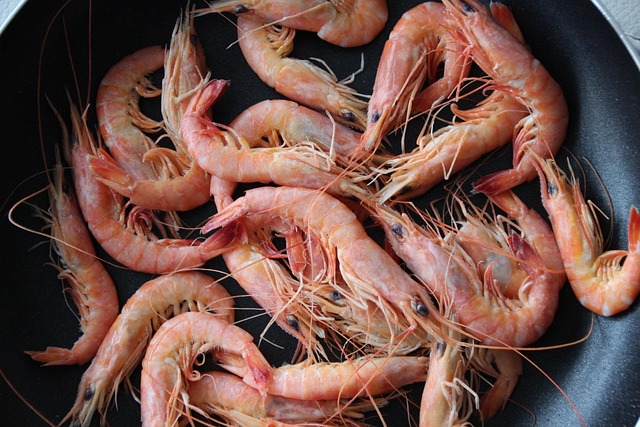Two new meta-analyses published in July and August 2025 offer a more nuanced view of the role of selenium in human health, particularly in relation to mortality, oxidative stress, and cancer.
- Clear benefits on general and cardiovascular health
A meta-analysis published in Frontiers in Nutrition (July 2025) confirms that adequate blood selenium levels are inversely associated with all-cause mortality , including cardiovascular and cancer mortality in the general population.
Selenium acts as a cofactor for key antioxidant enzymes (such as glutathione peroxidase) and is involved in the regulation of oxidative stress , a process closely linked to cellular aging and the development of multiple chronic diseases.
- Potential risks with excessive supplementation
In contrast, another meta-analysis published in the Journal of Trace Elements in Medicine and Biology (August 2025) warns of an association between high levels of selenium exposure (especially through supplementation) and an increased risk of melanoma and some subtypes of skin cancer .
This does not imply that selenium is “bad,” but rather that excess selenium could disrupt cellular mechanisms related to proliferation and apoptosis, especially in sensitive tissues such as the skin.
What conclusions can we draw?
- Selenium is essential for health, but its safety margin is narrow .
- Deficiencies and excesses can be harmful .
- The safest and most effective way to maintain adequate levels is through a balanced diet rich in foods that naturally contain selenium (such as Brazil nuts, seafood, eggs, whole grains, among others).
Professional Recommendation :
Before supplementing, it is essential to assess plasma selenium levels and consider the individual patient context: diet, genetic factors, environmental exposure, medical history, etc.
As with many aspects of clinical nutrition:
“Balance is the key. Not too little, not too much.”
Links :
Full article here (PMC) https://pmc.ncbi.nlm.nih.gov/articles/PMC12302194/#sec5
Full article here (ScienceDirect) https://www.sciencedirect.com/science/article/pii/S0946672X25001063?via%3Dihub#sec0055
Date: 01/09/25
Photography: Pixabay.
Note: The Nutrigenomics Institute is not responsible for the opinions expressed in this article.






